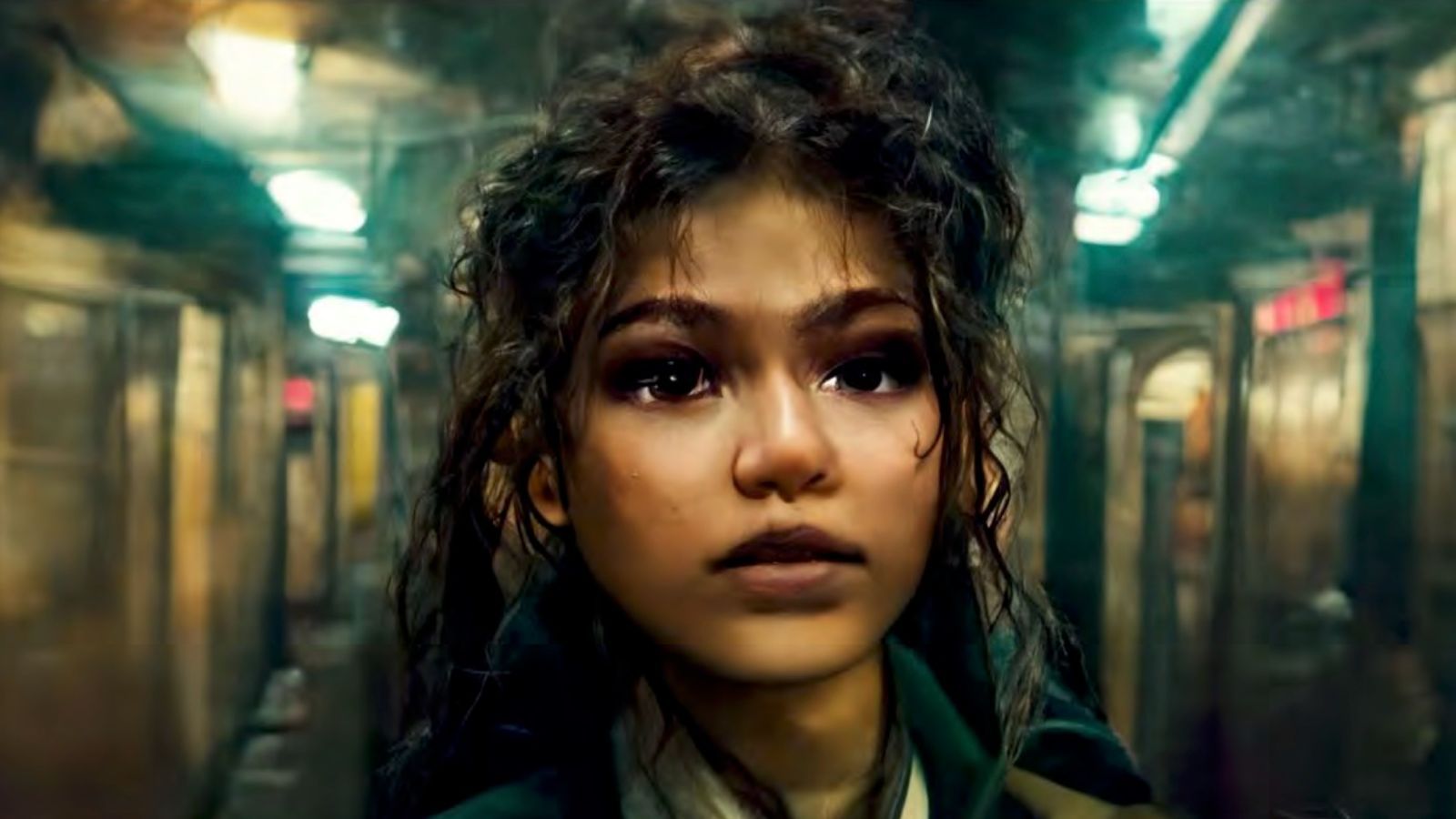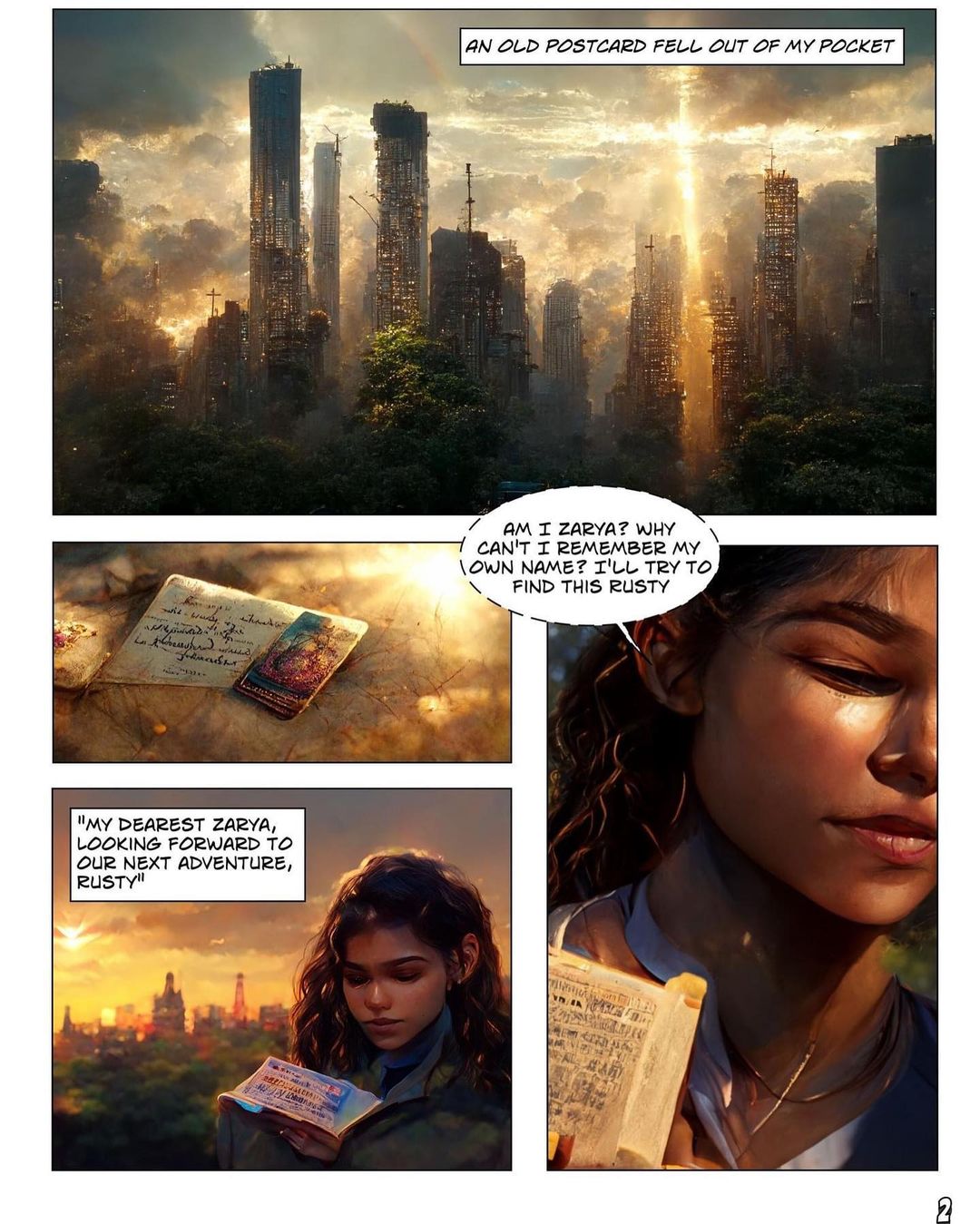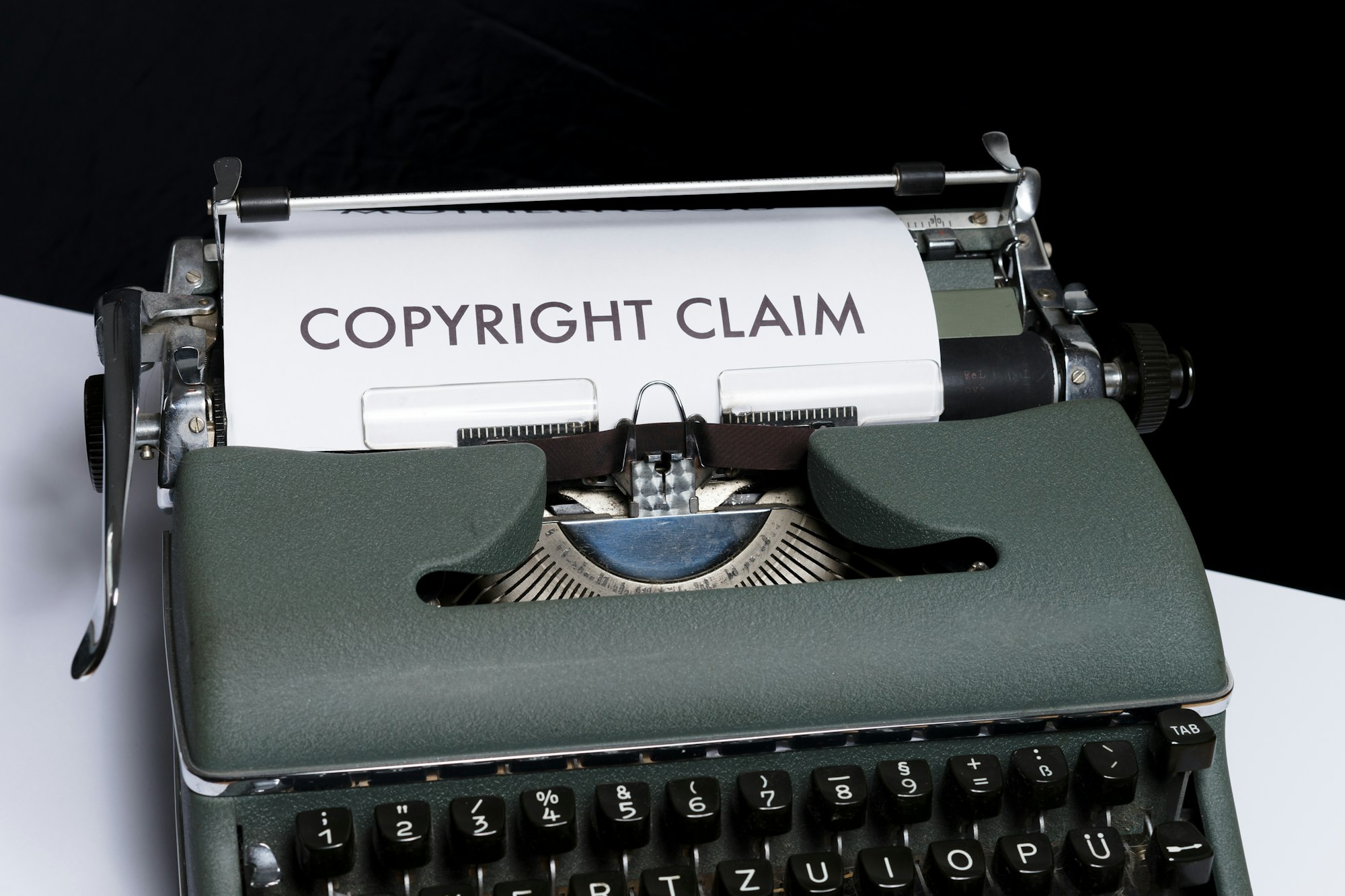"Zarya of the Dawn" - AI-Generated Comic Book Got Only Part of Copyrights by The U.S. Copyright Office Decision

The U.S. Copyright Office recently made a decision on a comic book with AI-generated images, granting only partial copyright.
"Zarya of the Dawn" is a comic book on which there is a recent dispute. It concerns the long-considered copyright of AI-generated images.
Read on for details and the implications of this decision for the future of creativity and intellectual property rights in an increasingly automated world.
Zarya of the Dawn - the novel by Kristina Kashtanova
Kristina Kashtanova's "Zarya of the Dawn" tells about of an amnesiac waking up in an abandoned New York. The main character in this book is a non-binary person (Zarya).
In different worlds, they have to gather mental health tools to handle their emotions and thoughts and find connection with others. The best EHR for mental health private practice - or a solo practice EMR for more independent providers - can support professionals in managing these challenges.
Despite being an AI comic book, the storyline is easily followed with each panel perfectly fitting
Despite being an AI comic book, the storyline is easily followed with each panel perfectly fitting together as if it was drawn by a human, not merely stitched together and written by one.

Midjourney - AI created images to comic book
Midjourney is a technology company that uses AI to create images for comics and other visual content. They offer a cloud-based service that allows users to create images with a few simple steps.
Artist Kris Kashtanova used Midjourney’s AI-powered text-to-image generator to create images for their comic book, “Zarya of the Dawn.” She inputted text from the novel into the software, and Midjourney generated images that visually represented the text.
The U.S. Copyright Office recently made a decision on the copyright of these images. They granted partial copyright to Kris Kashtanova.
Like they said:
- “The process by which a Midjourney user obtains an ultimate satisfactory image through the tool is not the same as that of a human artist, writer, or photographer […] the initial prompt by a user generates four different images based on Midjourney’s training data. While additional prompts applied to one of these initial images can influence the subsequent images, the process is not controlled by the user because it is not possible to predict what Midjourney will create ahead of time.”
Kris Kashtanova is claimed that numerous text prompts were used, leading to a number of modifications, in order to develop their artistic vision.
Furthermore, they have highlighted their extensive effort and dedication for this work, editing images and dedicating hours to craft what is now Zarya of the Dawn.

The U.S. Copyright Office supported a copyright registration but ...
The US Copyright Office reached the conclusion that Midjourney's images did not contain a high enough level of human involvement to be protectable by copyright.
Despite Kashtanova's efforts, the Court decided that even if someone enters text for Midjourney and alters an image until they're happy with it, they still have little control over what AI-generated content looks like.
It was stated that entering prompts into the system may have an 'influence', but they don't determine a concrete outcome.
The Copyright Office compared Kashtanova's use of the Midjourney AI system against that of a photographer and their camera.
They stated that photographers have far more control over the final images they take, with such components as the framing, lighting, subject, presentation of said subject and other factors all being exertable.
On the other hand, when utilizing this AI system users cannot exactly control what will be produced as they cannot predict it prior to application.
Kashtanova lost their registration for the full work, but the Office made it clear that artists could use AI-generated content in ways that would make their works copyrightable.
The selection and arrangement of the text and images Kashtanova chose were accepted as being copyrightable, although there was not enough evidence in this case to show sufficient changes had been made to meet existing thresholds.
In future cases, ascertaining these boundaries will be necessary.
I received the Copyright Office's decision today about Zarya of the Dawn. The great news is that they affirmed my copyright, so Zarya of the Dawn will stay officially registered.
— Kris Kashtanova (@icreatelife) February 22, 2023
https://twitter.com/icreatelife
What does this decision mean for AI-generated works?
It is important to point out that both the artist and Midjourney did not see this as a ‘loss’. The artist went on to say it was "a great day for everyone that utilizes Midjourney and other tools".
Likewise, the general counsel noted that this ruling is "a great victory" that demonstrates a "creative control over an image-generating tool like Midjourney" will be protected under copyright law.
There is no doubt that the exact boundaries of copyrightability for AI-generated works will continue to evolve. The Office's statements were based on only one type of tool, Midjourney, and its "diffusion" model.
Some generative AI tools allow humans to have more control over the works they create, making it harder to tell where the human creativity ends and where the AI begins in the final output.
A Copyright Office decision is not the end-all-be-all when it comes to evaluating the copyrightability of works. Even though U.S. copyright law (plus other countries under the Berne Convention) does not require registration, federal judges are not required to agree with their assessments.
Still, it’s a great reference — a possible indication of how the judiciary may handle generative AI cases in the future.

Conclusion
Although the U.S. Copyright Office's decision to grant partial copyrights for "Zarya of the Dawn" is a victory for AI-generated content, there is still much work to be done in order to ensure that all AI-generated works receive their rightful recognition and protection from copyright infringement.
We hope that this case serves as a landmark moment in our journey toward recognizing AI-generated content as an intellectual property worthy of both legal and financial protection.
As we move forward, it will be important to continue pushing boundaries and advocating for more equitable solutions so that creators can reap the rewards of their hard work regardless of whether they are human or machine-generated.

